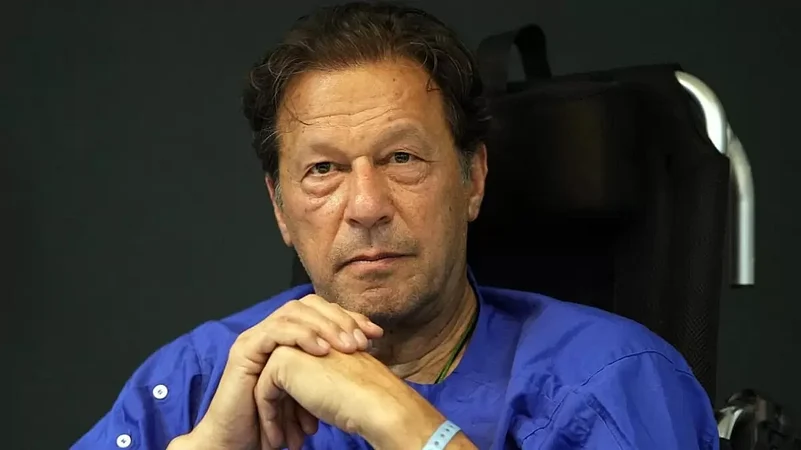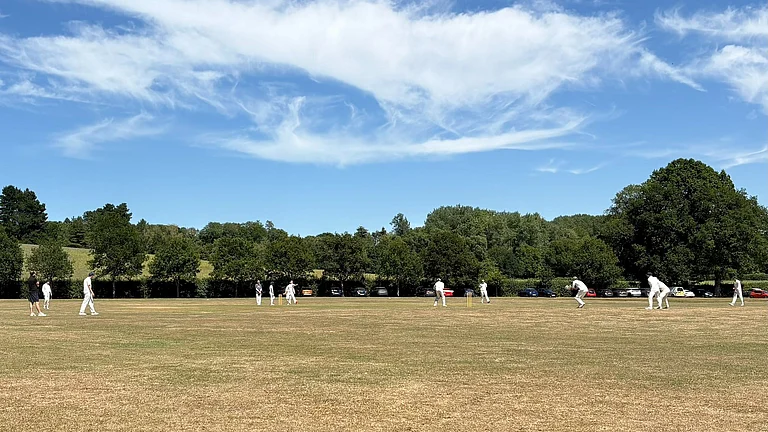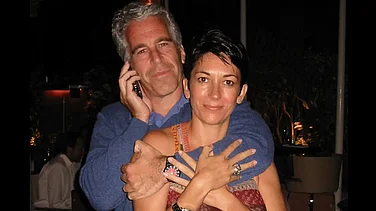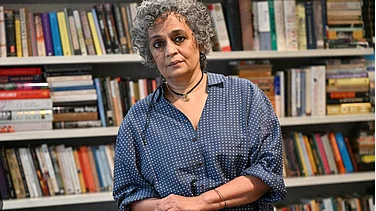Chief Justice of Pakistan Umar Ata Bandial said that prima facie 'shortcomings' were observed in the judgement of the trial court verdict in the Toshakhana corruption case that has imprisoned former Prime Minister Imran Khan for three years. The Supreme Court will take on the case only after the Islamabad High Court order comes in on the appeal of Khan against his conviction and the three-year sentence.
Imran Khan's plea against the trial court's proceedings of the Toshakhana corruption case was heard by the Supreme Court bench headed by Chief Justice Bandial and also comprising Justice Mazahar Ali Akbar Naqvi and Justice Jamal Khan Mandokhail.
During the hearing, the top court heard arguments by PTI lawyer Latif Khosa and Election Commission of Pakistan’s (ECP) counsel Amjad Pervaiz.
After hearing both sides, Chief Justice Bandial reportedly said, “We will not interfere in the Toshakhana case today … we will look at the IHC hearing tomorrow (Thursday) and then resume the proceedings.”
The Chief Justice also observed: “Prima facie, there are shortcomings in the trial court verdict.”
Justice Naqvi noted that the trial court defied the orders of the apex as well as the high court in passing the Toshakhana judgment.
During Wednesday's hearing, the apex court raised questions on the trial court's judgment awarding a three-year sentence to Imran Khan in the case.
The three-judge bench asked the Islamabad High Court to consider the former premier's contentions about the trial court's jurisdiction, maintainability of the complaint and transfer of judges etc. tomorrow.
The bench adjourned the hearing of the case till tomorrow afternoon.
The bench also questioned the urgency shown by the trial court in deciding the case without recording the statements of the witnesses.
Details of Toshakhana corruption case
The case was opened last year in October on a complaint lodged with the Election Commission of Pakistan by which Khan had been disqualified in an earlier case.
The case alleges that Imran had “deliberately concealed” details of the gifts he retained from the Toshaskhana - a repository where presents handed to government officials from foreign officials are kept - during his time as the prime minister from 2018 to 2022 and proceeds from their reported sales.
Reports said that gifts, presents and other objects received by persons who are subject to this rule shall be reported to the Cabinet Division according to Toshakhana rules.
According to reports, Khan received 58 gifts worth more than Rs 140 million from world leaders during his three-and-a-half-year stint and retained all of them either by paying a negligible amount or even without any payment.
On August 5, Khan's trial in Islamabad found him guilty of corruption and gave him a three-year jail term for concealing information about state gifts. That verdict also meant he'd lost his right to stand in national elections for five years.
Subsequently, Khan, 70, approached the IHC against his conviction and sentence. A day earlier, the Islamabad High Court adjourned the case till Thursday.


























